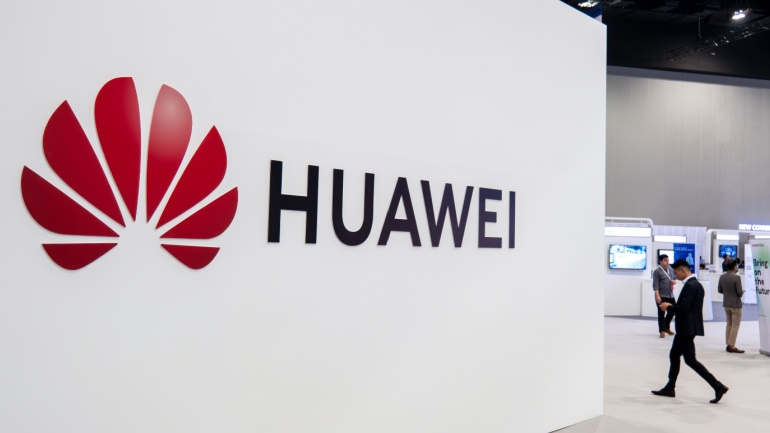Fujitsu is taking a bold step to popularize open All-Photonics Networks (APNs) by inaugurating a specialized lab in Düsseldorf, Germany. Scheduled to run from November 2024 to March 2025, this lab is the first outside Japan. This initiative aims to promote the global spread of Innovative Optical and Wireless Network, including APN technology.
The FCC has approved $9 billion in subsidies to boost 5G services in rural areas through the 5G Fund for Rural America. This initiative aims to bridge the digital divide by providing advanced mobile connectivity where it’s economically unviable.
Nokia has dismissed rumors about its mobile network business being acquired by Samsung. The Finnish telecom giant confirmed its dedication to the division, despite market speculation. This strategic asset is key for Nokia and its customers, especially with the expansion of 5G technology. Keep updated with Nokia’s innovative journey.
Telstra and Ericsson have launched a revolutionary RAN Compute platform, advancing Australia’s 5G landscape. The newly deployed Ericsson RAN Processor 6672 significantly boosts capacity and efficiency while reducing energy consumption by up to 60%. This innovative technology, powered by advanced AI, paves the way for enhanced mobile connectivity and future 5G advancements.
The Swansea Bay City Deal awarded VMO2 a contract to upgrade fibre infrastructure. The global smartphone market is expected to grow, driven by Android sales in China and emerging markets. Patton acquired Raymar Information Technology to continue supporting crucial legacy industrial technologies. EE has released age-specific smartphone usage guidelines.
Iliad has ascended to one of Europe’s top five telecom operators, bolstered by a 10.3% revenue increase in H1 2024. Growing nearly 50 million subscribers across France, Italy, and Poland, Iliad’s innovative offerings, like the Freebox Ultra Wi-Fi product, and strong market performance highlight its competitiveness in the telecommunications landscape.
South Korea’s top mobile operators, SK Telecom, KT, and LG Uplus, are launching a unified Network Open API standard. This collaboration aims to lower development barriers, accelerating VoIP application creation. By standardizing APIs, they are aligning their telecom ecosystem with global standards and fostering digital innovation.
Google’s plans to establish a large data centre in Dublin were recently thwarted by the South Dublin County Council, citing energy consumption and environmental impact concerns. The data centre, expected to operate by 2027, faced issues over the strain on the national power grid and insufficient on-site renewable energy, sparking a broader debate about sustainable digital growth.
Huawei saw its revenue soar 34.3% to CNY417.5 billion ($58.8 billion) in the first half of the year, boosting net profit by 17.8% to CNY54.9 billion. Despite a slight dip in profit margins, Huawei aims to enhance business resilience and optimize its portfolio. Their innovative 5.5G network promises to revolutionize VoIP technology.
FiberLocator, the renowned US fibre data platform, has expanded its network planning services to include UK fibre data, integrating UK fibre providers into its extensive database. This expansion aids carriers, mobile operators, and data centre operators by offering comprehensive, timely, and accurate fibre data, facilitating seamless global connectivity and streamlined wholesale transactions.













